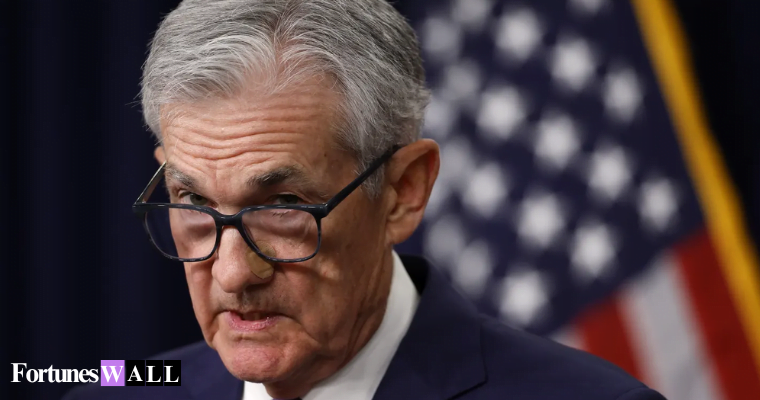This week is crucial for global financial markets as central banks worldwide prepare for significant interest rate decisions. Investors and economists are paying close attention to potential rate hikes, holds, or even cuts, as central banks aim to navigate the complex challenges of inflation, economic growth, and financial stability. The outcome will have far-reaching implications for global economies and markets, making this a pivotal week.
Federal Reserve Rate Decision: A Pause or a Hike?
The Federal Reserve is at the forefront of global attention, with many speculating whether the central bank will pause or continue its aggressive series of interest rate increases. Following multiple rate hikes aimed at curbing inflation, which remains above the Fed’s 2% target, this week’s decision is critical for understanding the future of U.S. monetary policy. A rate hike could help control inflation, but holding rates might support economic growth. The Fed’s decision will impact U.S. stocks, bonds, and the dollar.
European Central Bank Faces Inflation Pressure
In Europe, the European Central Bank (ECB) faces a difficult choice as inflation persists across the eurozone. While some members of the ECB’s governing council argue for another interest rate hike, concerns about an impending recession, particularly in major economies like Germany, are causing hesitation. A rate hold could offer relief to businesses and households, but inflationary pressure might demand more aggressive action. The ECB’s decision will be crucial for eurozone financial markets and the euro currency.
Bank of England Battles Stubborn Inflation
The Bank of England (BoE) is also expected to make a key decision this week as UK inflation remains stubbornly high. With the British economy under pressure from slow growth and a cost-of-living crisis, the BoE faces a tough choice. A potential rate hike could help tame inflation, but may also exacerbate challenges for consumers and businesses. Pound sterling and UK financial markets will react to the central bank’s move.
Japan and China’s Diverging Monetary Policies
In Asia, the Bank of Japan (BoJ) and the People’s Bank of China (PBoC) are taking opposite approaches. The BoJ is likely to continue its ultra-loose monetary policy to stimulate growth in an economy long affected by deflationary pressures. However, speculation remains about possible tweaks to its yield curve control policy. Meanwhile, China is facing slowing growth and could ease monetary policy further to stimulate its recovery from COVID-19 lockdowns.
The PBoC has already cut key rates this year, and another round of rate cuts may be on the table. The contrasting policies of Japan and China will impact Asian financial markets and broader global economic trends.
Impact on Global Markets and Currencies
As central banks around the world announce their interest rate decisions, global financial markets are bracing for volatility. The decisions made this week will significantly influence the trajectory of inflation, growth, and market stability in key economies. The U.S. dollar, euro, pound sterling, and yen are all expected to react, creating opportunities and risks for investors.
For businesses, these rate decisions will affect borrowing costs, investment strategies, and economic forecasts, making this week’s outcomes critical for planning ahead. The global economy’s future direction hinges on how central banks respond to the current economic challenges.
With central banks’ rate decisions under the spotlight, this week could define the economic outlook for the remainder of 2024.
